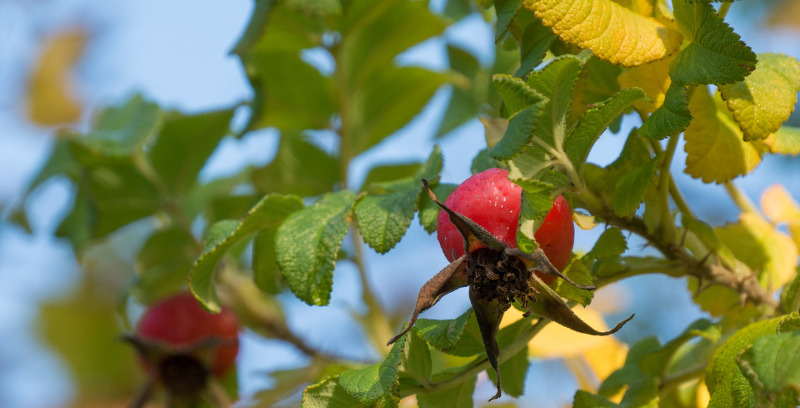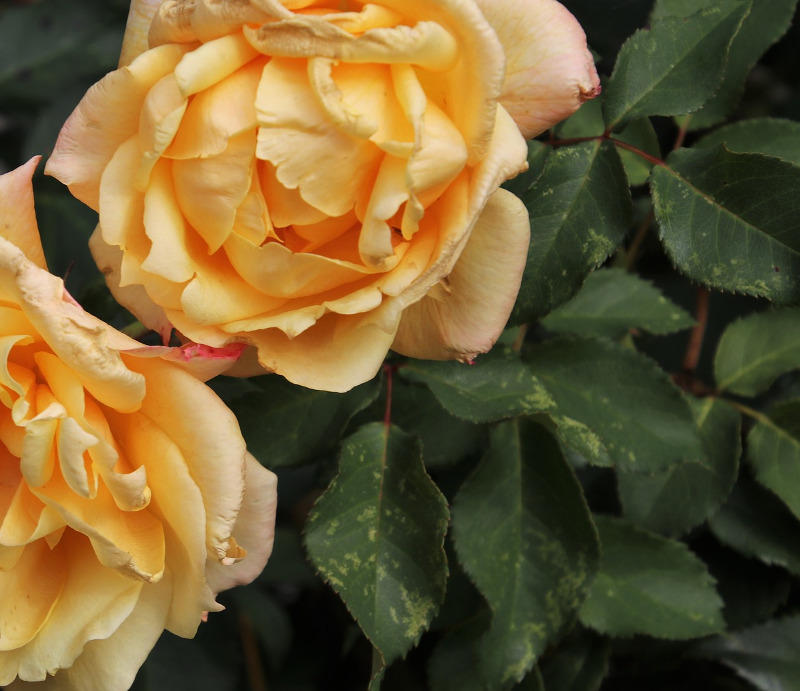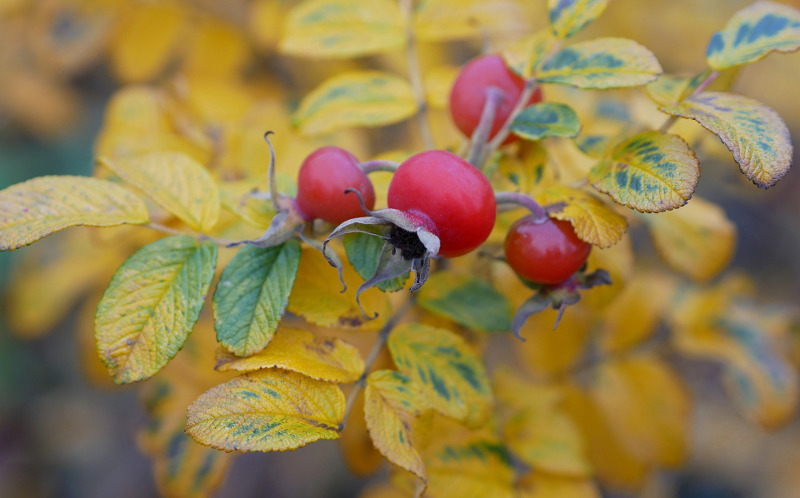Roses come in many varieties in terms of color and size, some rose bushes are shrubs, and others are trailing, and while they are all different, all types of roses are stunning. A variety of factors can cause the leaves to turn yellow, but whatever the reason, it’s frustrating, and it takes away from the natural beauty of the plant. Find out why rose foliage turns yellow and how to keep your plant lush and green.

Reasons Rose Leaves Turn Yellow
If you notice yellow foliage on your roses, observe what part of the plant is impacted. Yellow leaves on just one part of the plant could indicate a specific problem, while yellow leaves spread out all over could mean something else. You will also want to pay attention to the conditions throughout the day.
Not Enough Sunlight Exposure
Yellow leaves can result from not having enough sunlight, which means something blocks or limits how much light the plant is getting. Roses generally need at least 4 hours of bright, direct sunlight per day. New buildings or plants, or even a tree that may have filled in, could block the sun and cut into the amount of light reaching the plant. When possible, trim back plants blocking the rose bush, or relocate the shrub to an area that receives enough direct sunlight.
If the yellow leaves are located on the bottom of the plant and the upper leaves are green and healthy, then the upper growth may be blocking the light from reaching the lower leaves. This is natural. You can let the leaves turn yellow and drop, or if you prefer, you can prune the lower growth. The rose bush will be fine and continue to push out new growth in the upper regions.
Too Warm Conditions
Heat stress can cause the foliage of a rose bush to turn yellow and drop off the plant. In general, rose bushes can live in climates with temperatures up to 100 degrees. Each variety may have slightly different needs, so double-check the requirements of each plant and make sure it can handle your zone.
Dark colors absorb and retain heat, so dark soil or dark-colored mulch may slowly release heat. Extended exposure to high temperatures can damage the plant. Opt for light-colored cedar mulch to spread around the base of the shrub if you suspect radiant heat is the issue. The light-colored mulch will still provide moisture-retaining benefits but will not absorb light and retain heat.
Water Stress
Too much or too little water can cause rose bush foliage to turn yellow. The soil should be consistently moist, so water when the top layer is just starting to dry out. Newly planted rose bushes need to be watered at least every couple of days, while established rose bushes typically need to be watered once or twice a week.
Try to maintain a consistent watering schedule to prevent foliage from turning yellow. Feel the soil or use a moisture meter to gauge the dampness and wait until the top layer dries out before watering.

Incorrect Fertilizer
Feeding rose bushes can promote new growth and beautiful blooms, but too much of a good thing can cause the leaves to turn yellow or brown. Fertilizer burn happens when the plant receives too much fertilizer—water plants before applying fertilizer to prevent the burn. Thoroughly water the plant right away if you suspect your rose bush is experiencing fertilizer burn. Water will dilute any fertilizer left in the soil and prevent future damage.
A nutrient deficiency could also be the cause of yellowing. Low nitrogen, magnesium, or iron deficiencies can be to blame. Test the soil and select a fertilizer that complements the soil and supports the plant’s needs.
Time Of The Year
In the fall, rose foliage will naturally start to turn yellow and the leaves will fall off. Since the plants are deciduous, the leaves will do this every autumn as part of the natural lifecycle of the plant. There is nothing you can do about this, but it isn't anything to concern yourself with.

Why Is My Rose Bush Turning Yellow
Yellow leaves on plants are a stress response, and stress can come in many forms. When you identify the source of the stress, you can figure out a solution. Some causes of stress that may be responsible for the leaves of your rose bush turning yellow include:
- Not enough sunlight exposure
- Too warm
- Water stress
- Improper fertilizer

How to Stop the Leaves From Turning Yellow
Once leaves turn yellow, nothing can be done to save those leaves. Pruning or removing damaged leaves will allow the plant to refocus energy into new growth instead of trying to support damaged growth.
Eliminating the stress that is causing the yellowing will prevent additional damage, so pay careful attention to the amount of light and water the plant receives. Testing the soil and properly applying fertilizer can keep the plant healthy and green.
 |
Author Alison Cotsonas - Published 12-16-2021 |
